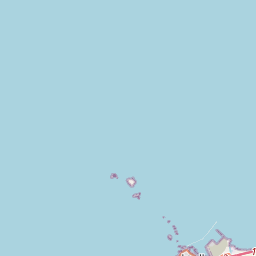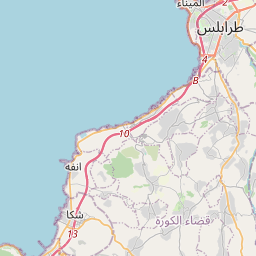Lebanon, Tripoli
Updated: 2024-09-26
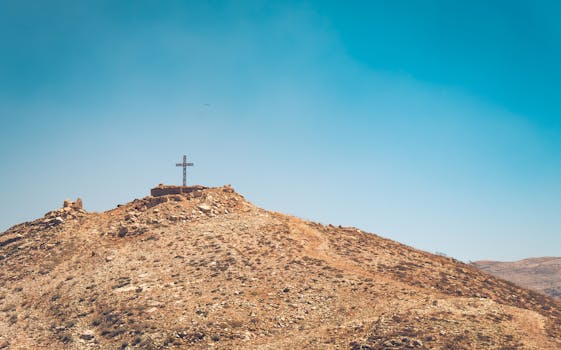
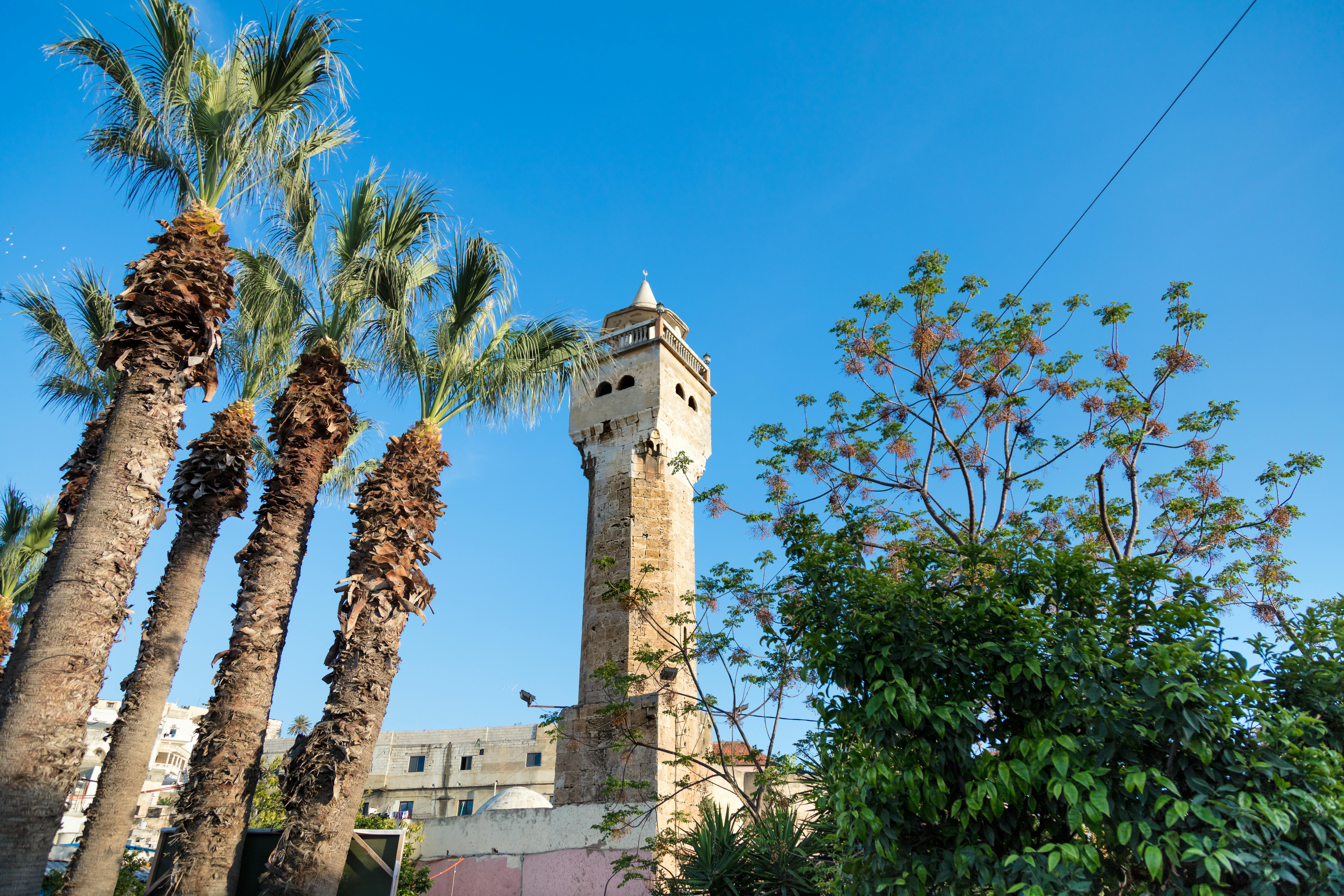
About
The currency used in Tripoli is Lebanese Pound.
Residents of Lebanon: 6.8 million.
Residents of Tripoli: 500,000.
Languages
Arabic (Main language)
Arabic is the official language and widely spoken throughout Tripoli for daily communication.
French
Due to historical ties, French is commonly spoken and used in business and education.
English
English is also spoken, especially among younger populations and in tourist areas.
Cost of living
What to do
To be aware of
Climate
Must visit places
Tripoli Citadel
5 out of 5 rating
A massive fortress that offers panoramic views of the city, boasting a blend of medieval architecture from various eras. A must-visit for history enthusiasts.
Located at Al Qala, Tripoli, Lebanon
Prices: Free
Checking link...
The Old Souks
4.5 out of 5 rating
Bustling markets located in the heart of the Old City, perfect for shopping traditional items, spices, and experiencing local colors.
Located at Old City, Tripoli, Lebanon
Prices: Varies
Checking link...
Al-Mina
4.5 out of 5 rating
A picturesque coastal district ideal for sunset views and leisurely strolls along the Mediterranean, filled with restaurants and cafes.
Located at Al-Mina, Tripoli, Lebanon
Prices: Free
Checking link...
Tripoli Soap Factory
4 out of 5 rating
Learn about the ancient craft of soap making at one of the traditional factories, and purchase handmade olive oil soaps.
Located at Khan al-Saboun, Tripoli, Lebanon
Prices: $5-20
Checking link...
Rachid Karami International Fair
4 out of 5 rating
An architectural masterpiece by Oscar Niemeyer, this venue hosts exhibitions and events and is a glimpse into modernist design.
Located at Tripoli, Lebanon
Prices: $10
Checking link...
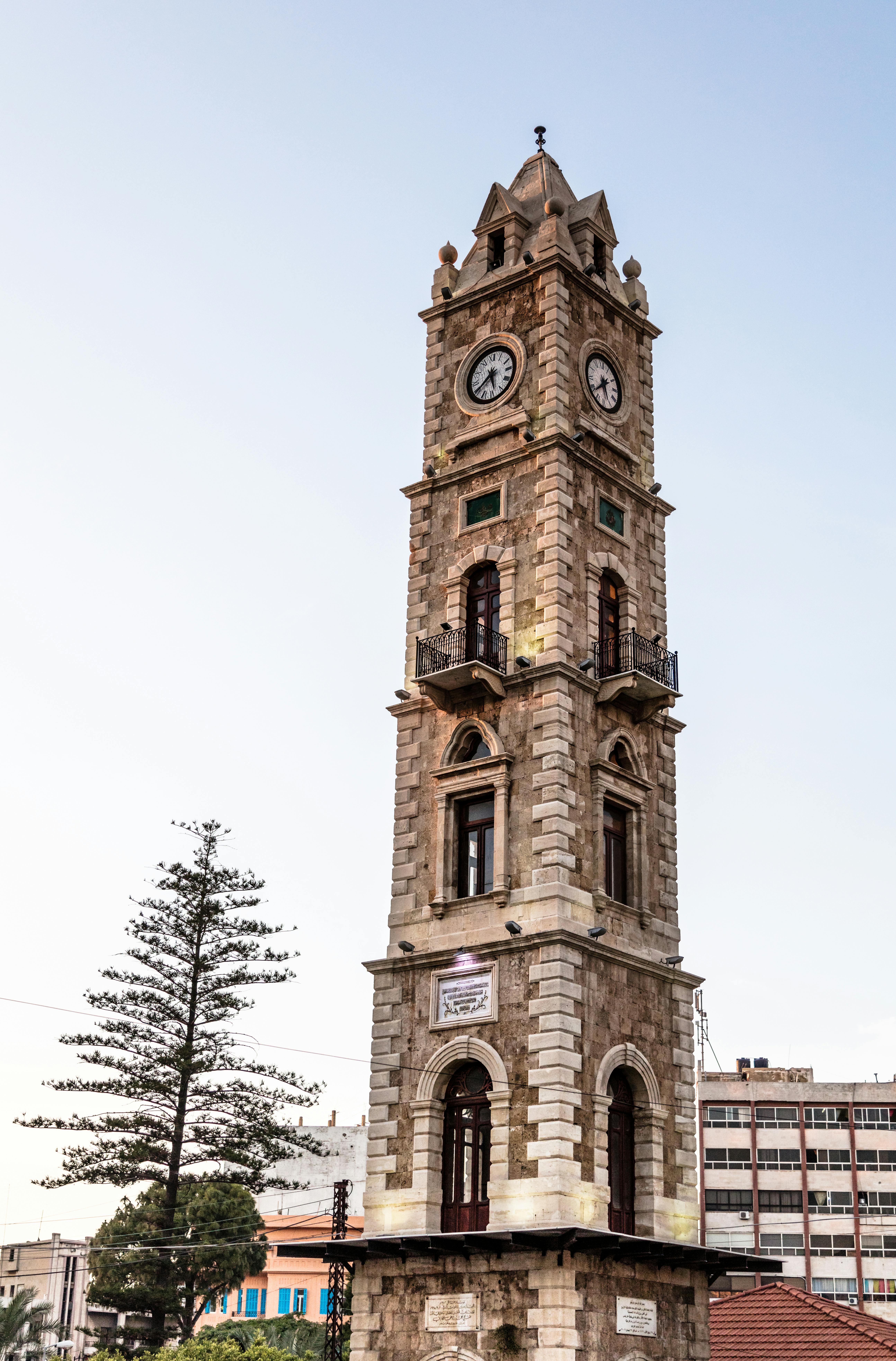
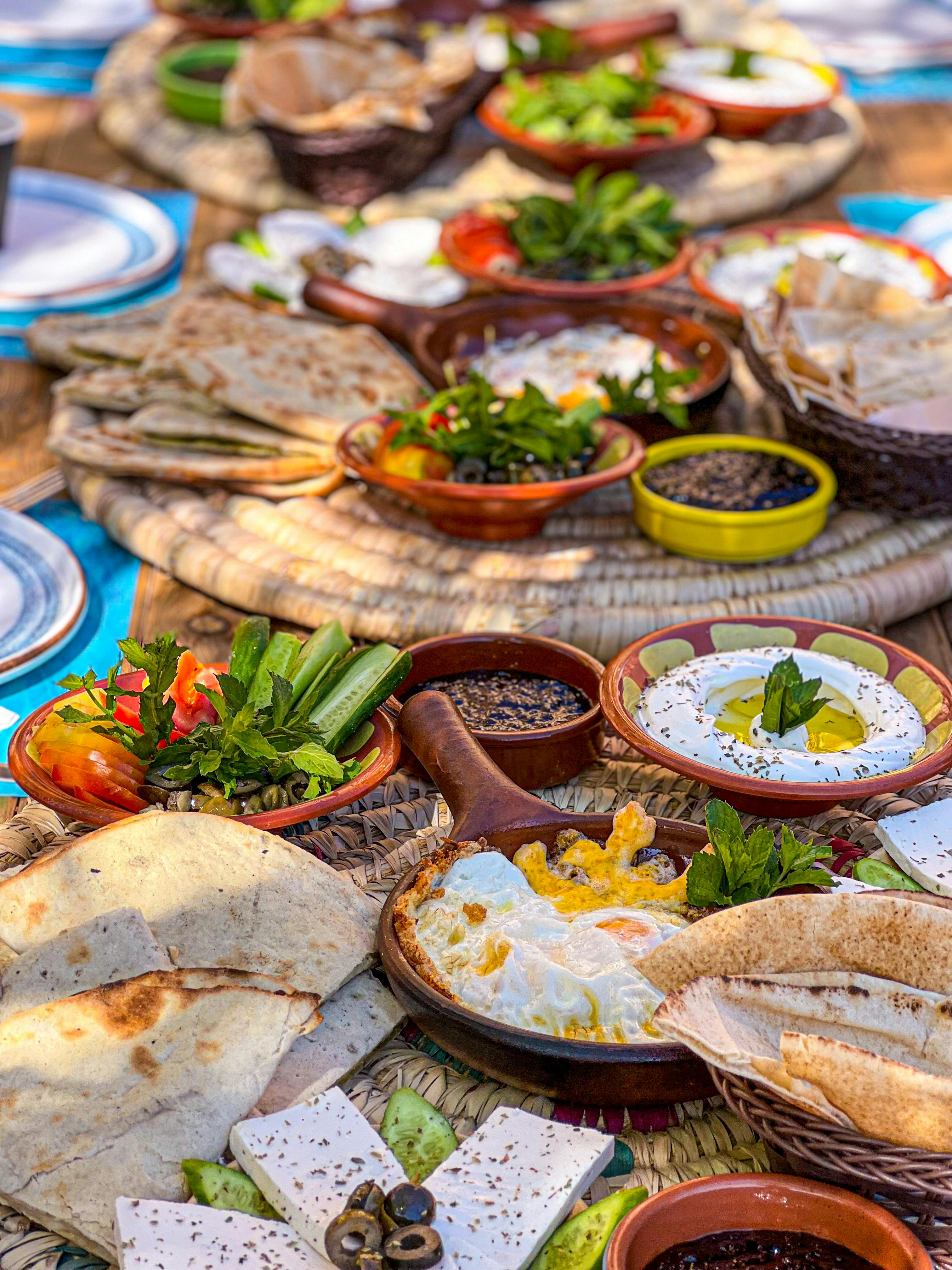
Food in Tripoli
Food prices
Must visit restaurants
Al Dannoun
4.8 out of 5 rating
If you're craving authentic Lebanese cuisine, Al Dannoun is a place not to miss. It offers a delightful array of mezza and traditional dishes like kebabs and kibbeh. The atmosphere is charming, and the food is prepared using age-old recipes passed down through generations.
Located at Jamal Abdul Nasser St, Tripoli, Lebanon
Prices: $15-$30
Checking link...
Chez Maguy
4.6 out of 5 rating
Cozily nestled by the Mediterranean, Chez Maguy combines Tripoli's rich culinary heritage with fresh seafood delights. Enjoy a wholesome meal with a beautiful view of the sea, making it a popular spot for both locals and tourists.
Located at El Mina, Tripoli, Lebanon
Prices: $20-$35
Checking link...
Sahla Restaurant
4.7 out of 5 rating
Known for its vibrant atmosphere and passionate chefs, Sahla Restaurant serves up some of the best dishes Tripoli has to offer. From mouth-watering lamb dishes to fresh salad mixes, this place ensures you leave satisfied and happy.
Located at Hay Sakkani, Tripoli, Lebanon
Prices: $10-$25
Checking link...
Aghani Aghani Cafe
4.5 out of 5 rating
A blend of modern and traditional, Aghani Aghani Cafe is ideal for those who love music with their meals. The cafe serves contemporary Lebanese dishes while the ambiance is set to the tunes of Arabic music, truly giving you a memorable experience.
Located at Azmi St, Tripoli, Lebanon
Prices: $10-$20
Checking link...
La Plaka
4.4 out of 5 rating
Perfect for those looking to try something different, La Plaka offers an international menu. This stylish bistro features a variety of global cuisines with a Lebanese twist, not to mention an extensive wine menu that perfectly complements its meals.
Located at Vialla Corner, Tripoli, Lebanon
Prices: $25-$40
Checking link...
Public transportation
Prices
Airport
Shopping
Shopping Prices
Animals and nature
Religion
Tourism and locals
Nightlife scene
Art, Culture and Architecture
Find Upcoming Events
Checking link...
Checking link...
Checking link...
Hotels
Prices
Five facts about Tripoli
1. Tripoli is known as 'The City of Orange Blossom' due to its fragrant trees that blossom with beautiful flowers every spring.
2. The city hosts countless sweet shops, making it a 'sweet tooth haven' for those who can't resist delicious Lebanese desserts.
3. Tripoli's Railway Station, once part of one of the Middle East's most famous routes, is now a remnant of history, closed since the Lebanese Civil War.
4. The Palm Islands Nature Reserve off the coast of Tripoli is a sanctuary for green sea turtles and an array of bird species, despite its small size.
5. The traditional soap-making process in Tripoli's soap factory still uses recipes passed down for centuries, with soaps made from olive oil and natural herbs.
Frequently asked questions
What is the best time of year to visit new destinations?
The best time to visit a destination depends on its climate and your preferences. Generally, spring and fall offer pleasant weather and fewer tourists, while summer may bring larger crowds and higher prices. Always check for seasonal events and holidays.
How can I find the top attractions in a city?
You can find the top attractions by checking travel guides like Cityexplorer.io, blogs, or apps like TripAdvisor. Our website offers curated lists of popular landmarks, cultural sites, and hidden gems for each city.
How do I get around a city?
Most cities offer public transportation options like buses, subways, or trams. Taxis, rideshare services, and bike rentals are also common. Some cities are walkable, making it easy to explore on foot.
How can I stay safe while traveling abroad?
To stay safe while traveling abroad, research your destination in advance to understand local customs and any potential risks. Keep your valuables secure, stay aware of your surroundings, use reliable transportation, and avoid risky areas, especially at night. It's also wise to register with your embassy if possible.
What should I pack for a city trip?
Pack comfortable walking shoes, appropriate clothing for the weather, a travel adapter (if needed), a reusable water bottle, and any personal items like medications. For international travel, don’t forget important documents like your passport and travel insurance.
How can I stay safe while traveling?
To stay safe, research the city beforehand, avoid unfamiliar areas at night, and keep your valuables secure. Use reputable transportation services, and always have a backup plan for communication, such as a local SIM card or Wi-Fi access.
How can I stay healthy while traveling?
To stay healthy while traveling, practice good hygiene, such as frequent handwashing and sanitizing. Stay hydrated, eat balanced meals, and get enough rest. If necessary, consult a healthcare provider about vaccinations or medications required for your destination.
How can I ensure my accommodation is safe?
To ensure your accommodation is safe, read reviews from previous guests, choose reputable hotels or hostels, and check for security features such as locks, safes, and 24-hour front desks. Upon arrival, familiarize yourself with emergency exits and procedures.
Are language barriers an issue when traveling?
In major cities, many locals speak basic English, especially in tourist areas. However, learning a few key phrases in the local language can enhance your experience and help you navigate more easily.
How can I avoid tourist traps?
Avoid tourist traps by researching your destination and seeking recommendations from locals or travel communities. Opt for off-the-beaten-path attractions, authentic dining spots, and lesser-known neighborhoods.
What should I do if I lose my passport while traveling?
If you lose your passport while traveling, report the loss to local authorities and contact your country's nearest embassy or consulate immediately. They can assist with obtaining a replacement passport or emergency travel document.
Do I need travel insurance?
Yes, travel insurance is recommended to cover unforeseen events like medical emergencies, trip cancellations, or lost luggage. It’s a small investment that can save you from significant expenses while traveling.
What is the best way to exchange currency?
The best way to exchange currency is usually through local ATMs using your debit card, as they often offer competitive exchange rates. Avoid airport exchanges and currency kiosks, as they may charge high fees. Consider getting a travel credit card with no foreign transaction fees.
How can I manage jet lag effectively?
To manage jet lag, adjust your sleep schedule before you depart, stay hydrated, and avoid caffeine and alcohol. Upon arrival, try to get exposure to natural light, and consider taking short naps if needed. Gradually adjust to the local time to ease the transition.
